Webinars

Let's Write About Sex, Baby
Katrina Kittle
MARCH 12, 2026 | 1:00 PM ET
In this live webinar, we’ll look at published samples, and cover tips and traps to avoid—starting with the fact that sex in literature is rarely just about the sex at all. Join us for this afternoon delight!
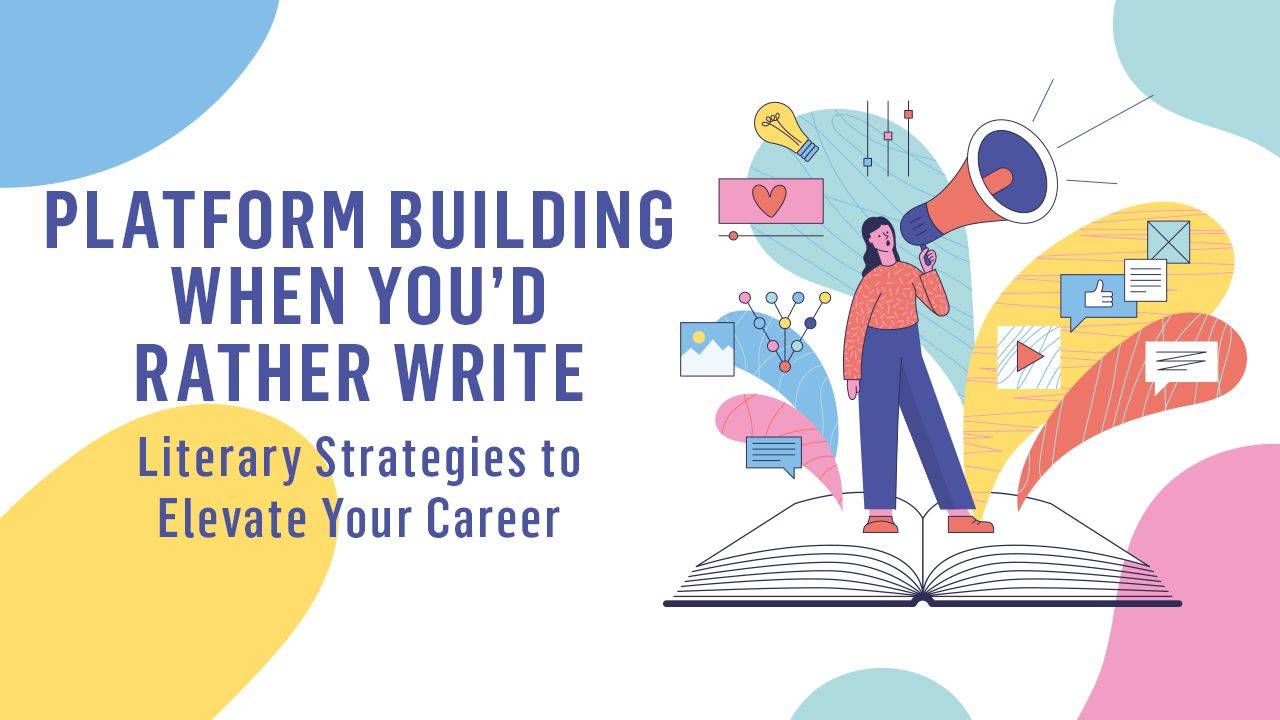
Platform Building When You'd Rather Write: Literary Strategies to Elevate Your Career
Jane Friedman
MARCH 19, 2026 | 1:00 PM ET
Literary citizenship is a concept that arose in the literary writing and publishing community, and it’s useful to all writers no matter what your background or genre. It advocates lifting up and bringing attention to literature, reading, books, and other pursuits that are intrinsic to authorship and publishing.
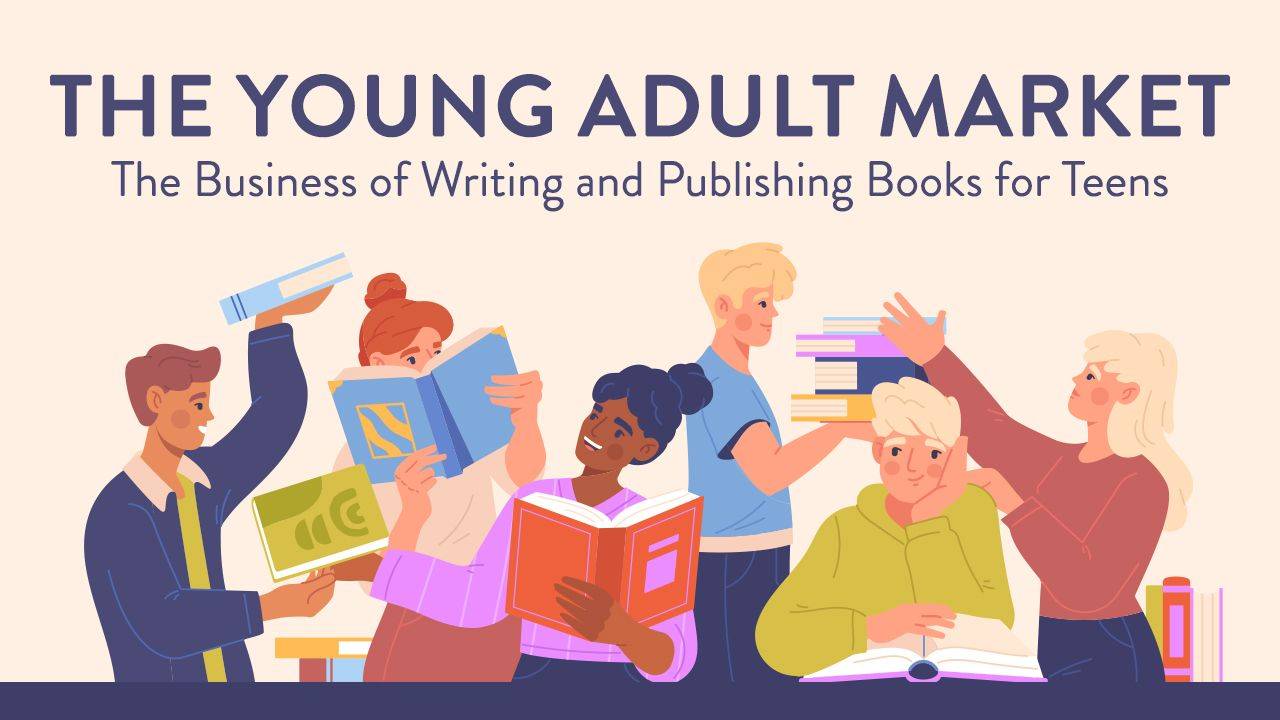
The Young Adult Market: The Business of Writing and Publishing Books for Teens
Maria Vicente
MARCH 26, 2026 | 1:00 PM ET
This live webinar explores the business side of writing books for teens. Literary agent Maria Vicente will analyze current trends in the category, the tropes and themes that YA readers love, and the expectations agents and editors have when considering YA submissions.
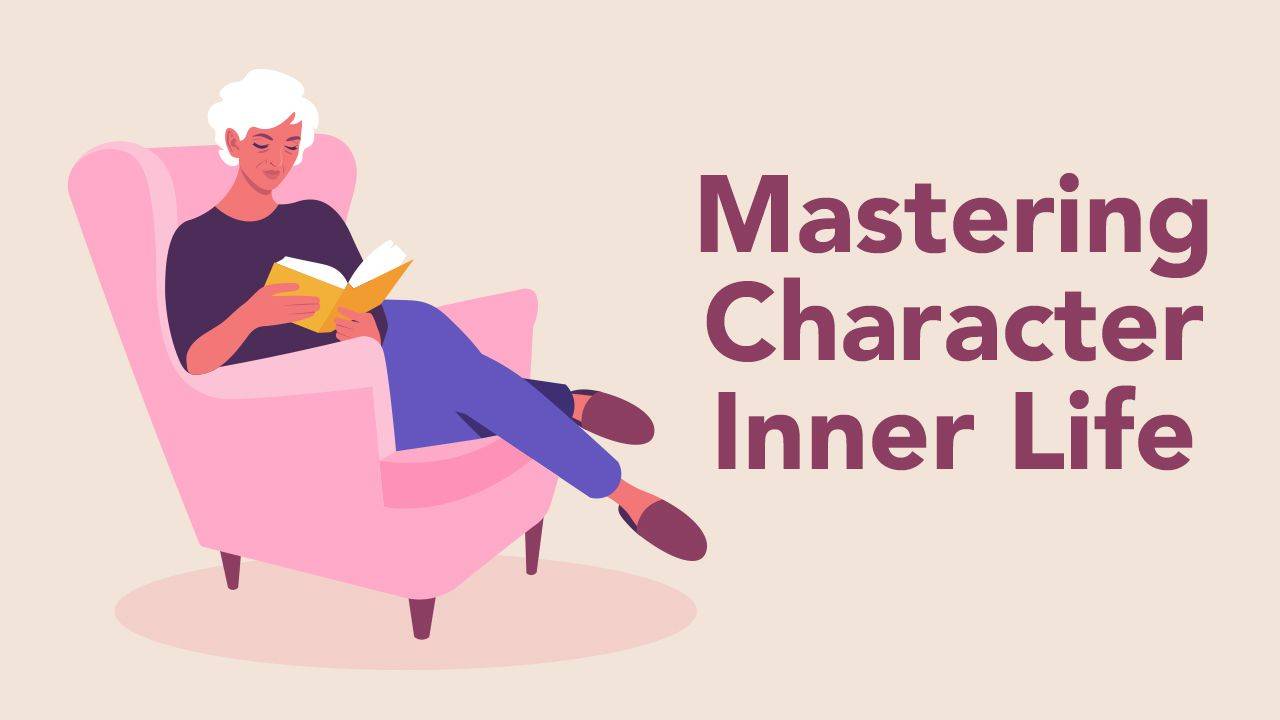
Mastering Character Inner Life
Tiffany Yates Martin
APRIL 2, 2026 | 1:00 PM ET
In this live webinar, using plenty of published and real-world examples, we’ll explore guidelines and principles for letting readers be privy to the inner workings of your characters’ lives without bogging your story down in interiority, and bringing readers more deeply into their direct experience no matter what point of view the story is told in

Marketing Your Book Without Social Media
Jane Friedman
APRIL 9, 2026 | 1:00 PM ET
This 90-minute live webinar, taught by Jane Friedman, helps authors first focus on the foundation of any book marketing campaign: your current strengths, assets, and abilities. Most book marketing isn’t about having a big bank roll or social media following, but having sufficient time and energy to capitalize on what you have in hand or what represents a good stretch goal. Few authors truly lack marketing opportunities; most lack sufficient focus and patience to pursue those opportunities, or feel overwhelmed by the task and end up doing nothing at all.
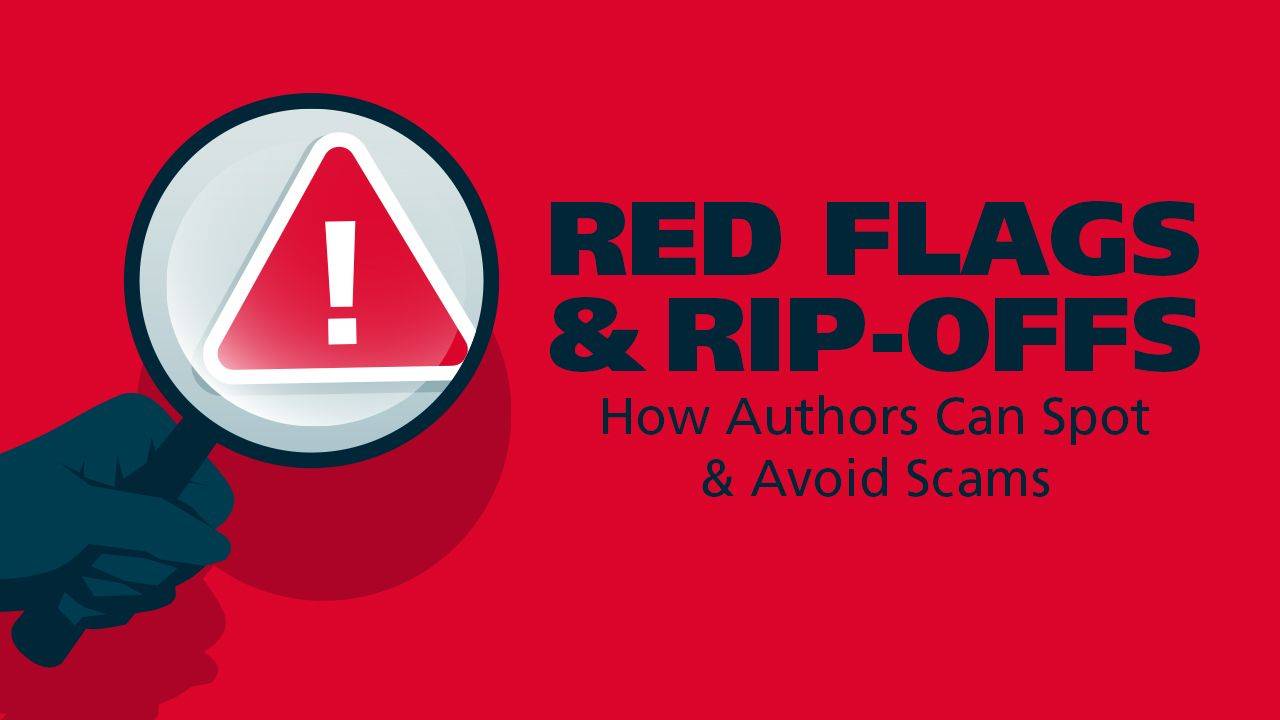
Red Flags and Rip-Offs: How Authors Can Spot & Avoid Scams
Matty Dalrymple and Michael LaRonn
APRIL 16, 2026 | 1:00 PM ET
In this eye-opening live webinar, you’ll learn how these schemes typically operate and how to recognize the warning signs. You’ll leave with practical strategies for evaluating offers, reviewing contracts, and protecting yourself from fraudulent or misleading opportunities that could harm your author career.
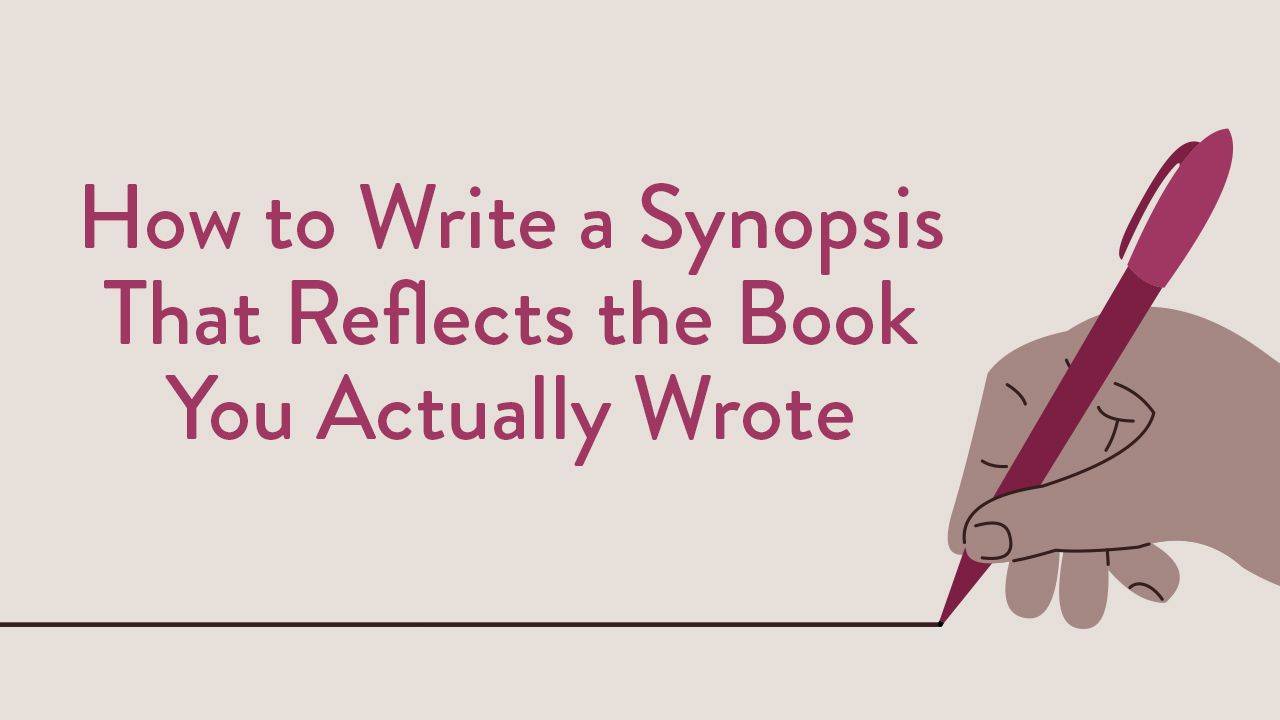
How to Write a Synopsis That Reflects the Book You Actually Wrote
Jessica Berg
APRIL 30, 2026 | 1:00 PM ET
In this live webinar, literary agent Jessica Berg teaches you how to write a synopsis that aligns with the manuscript you’ve written. Together, we’ll break down how to translate a full novel into a concise, professional synopsis that preserves the core of your story and helps you get it onto the page.

How to Research Agents and Publishers Like a Pro
Jane Friedman
May 7, 2026 | 1:00 PM ET
In this live webinar, you’ll learn not only how to research agents and publishers using a variety of online resources but also how to evaluate fit and reputation so that you don’t unwittingly end up with a schmagent or a publisher that’s really a self-publishing service.
Boot Camps
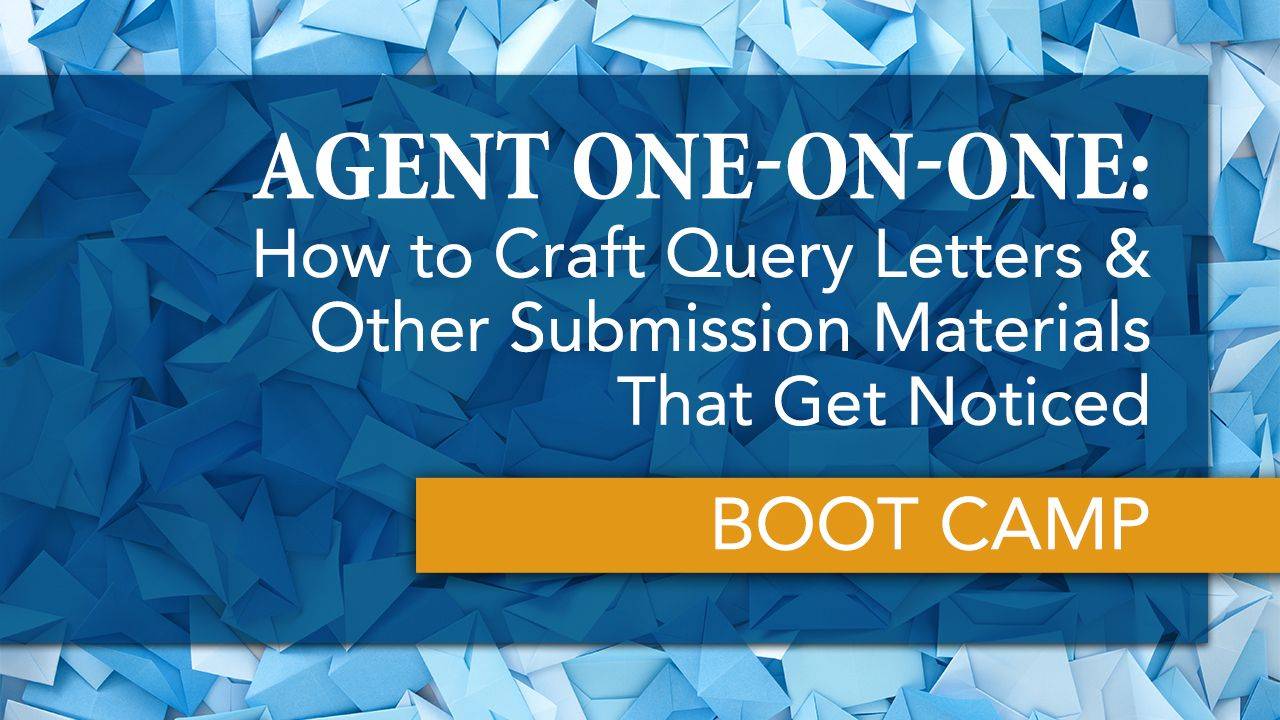
How to Craft Query Letters & Other Submission Materials That Get Noticed Boot Camp
Kimberley Cameron & Associates
MARCH 3-MARCH 6, 2026
Attendees will learn how to write a dynamite query letter, tackle a one-page synopsis (for fiction) and a book proposal (for nonfiction). The instructing literary agents will also explain the importance of author platform in addition to basic etiquette in dealing with an agent and manuscript basics.

Agent One-on-One: First 10 Pages Boot Camp
The Talcott Notch Literary Agency
APRIL 23–APRIL 26, 2026
In this invaluable event, you'll get to work with an agent to review and refine the first ten pages of your novel or non-fiction book.
Virtual Conferences
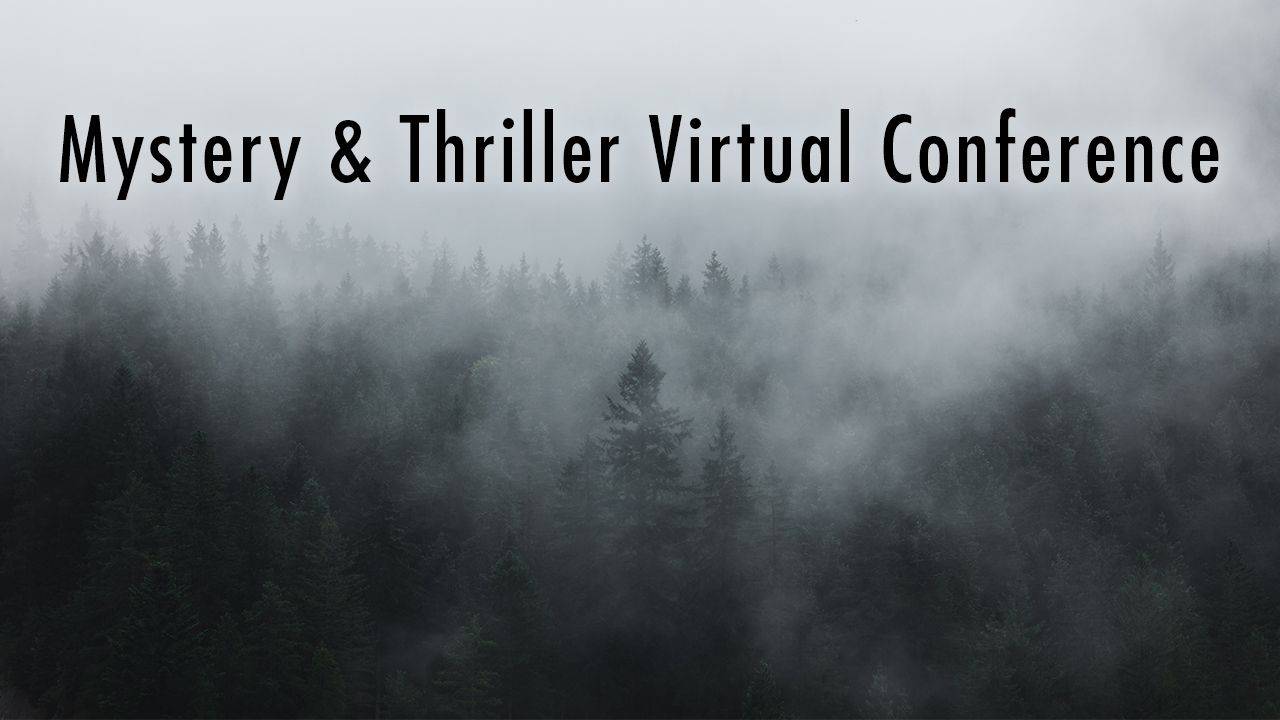
Mystery & Thriller Virtual Conference
MARCH 20–MARCH 22
Writer's Digest University's 12th Annual Mystery & Thriller Virtual Conference is a one-of-a-kind opportunity to learn about the craft of this genre directly from bestselling Mystery and Thriller authors.

Memoir and Personal Essay Writing Virtual Conference
APRIL 17-APRIL 19, 2026
Writer's Digest University is pleased to present this one-of-a-kind opportunity to learn about the craft of writing memoirs and personal essays from SEVEN memoir and personal essay authors.
Guided Courses

12 Weeks to a First Draft
Mark Spencer | Terri Valentine | G. Miki Hayden
Dive into the world of writing and learn all 12 steps needed to complete a first draft. In this writing course you will tackle the steps to writing a book, learn effective writing techniques along the way, and of course, begin writing your first draft.

21 Days to Your Novel Outline and Synopsis
Bryan Young
This course is designed to help you understand how to craft a winning premise, how to outline your novel, and then how to take both of those things and assemble a synopsis that will act as a guide for you to write your novel and sell it.

21 Days to Your Screenplay Treatment
Bryan Young
Learn how to create an electrifying treatment step by step! By the end of this workshop, you will have a strong treatment and a solid log line for your screenplay that has been vetted by an industry professional.

Advanced Novel Writing
Mark Spencer | Terri Valentine
Push yourself beyond your comfort zone and take your writing to new heights with this novel writing course, designed specifically for novelists who are looking for detailed feedback on their work. When you take this online course, you won't have weekly reading assignments or lectures. Instead, you'll get to focus solely on completing your novel.

The Art of Storytelling 101: Story Mapping and Pacing
Terri Valentine
Discover how the seven core competencies of storytelling—concept, character, voice, plot, theme, scene construction, and style—combine to create compelling narrative.

The Art of Storytelling 102: Showing vs. Telling
Terri Valentine
Learn the differences between showing and telling, how to use dialogue to convey information, how much setting description is necessary, how to avoid information dumps, and more!

Beginning Feature Film Writing: Complete Course
Donald H Hewitt
This 12-week course guides students through the process of building a feature film script, starting with an outline and continuing through all the acts of your screenplay. You will get expert guidance on your writing along the way, and helpful self-tests allow you to reinforce your mastery of the lecture content.

Beginning Television Writing
William Rabkin
In this four-week course, an established executive producer/showrunner will give you an inside look at the world of dramatic, episodic television. You will explore—and practice—the actual process involved in successfully writing a spec episodic script that will open doors across Hollywood.
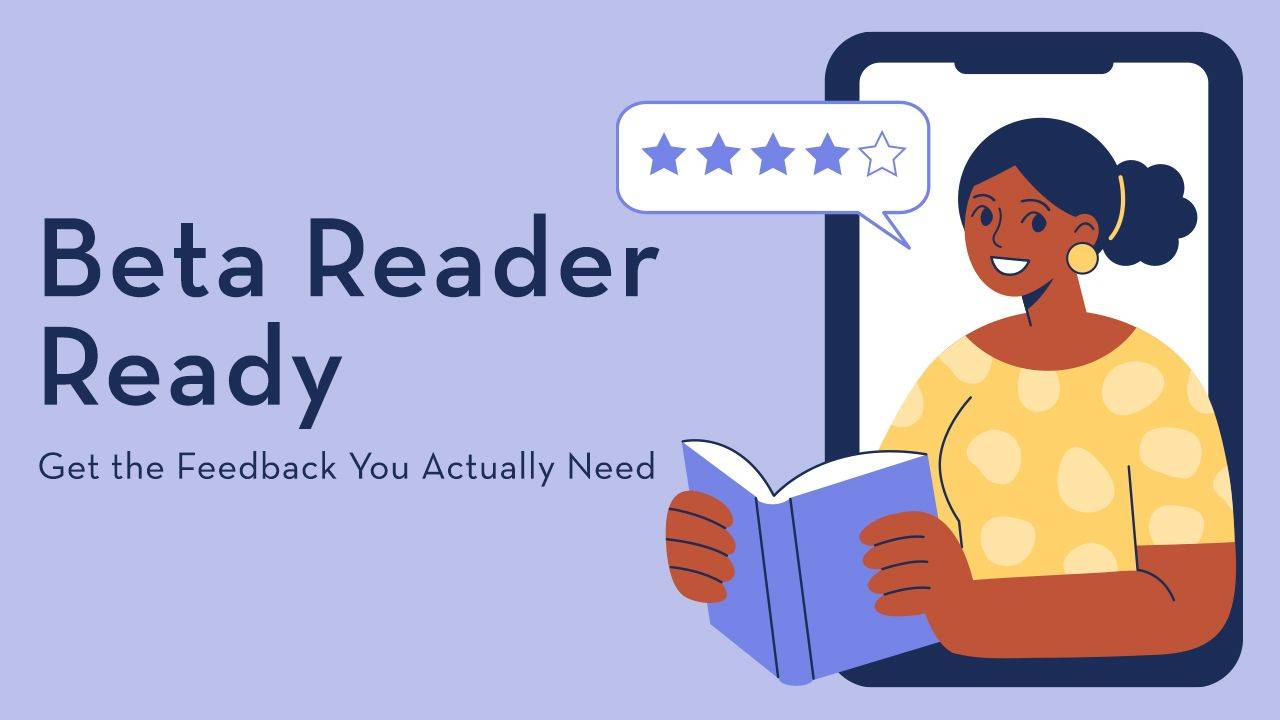
Beta Reader Ready: Get the Feedback You Actually Need
Jessica Berg
This four-week guided experience helps writers build a complete, repeatable system for beta-reading, from choosing readers to preparing for revision. By the end of the course, you’ll have a vetted shortlist of readers, a polished brief, an outreach workflow, and a ready-to-use feedback plan.

Book Coaching for Advanced Writers
Mark Spencer
Are you ready to take the next step toward a final draft of your novel? This course is for you! Join Mark Spencer in an intensive 16-week coaching session focused entirely on your novel in progress.

Build Your Novel Scene by Scene
Mark Spencer
If you want to learn how to write a story, this is the course for you. Get the impetus, the guidance, the support, and the deadline you need to finally stop talking, start writing, and, ultimately, complete that novel you always said you wanted to write.

Character Development: Creating Memorable Characters
Sharon Short
Learn how to create believable fiction characters and construct scenes with emotional depth and range. You'll discover character development techniques and tips along with practical advice for weaving emotion into scenes

Comp Titles Intensive: The Essential Tool That Can Launch Your Career
Amy Collins
This one-week intensive will walk you through the process of finding comparable titles and authors. The class covers what the industry uses comps for and why they are so important. Then it shows HOW to find the titles with the best sales numbers by using readily accessible online tools.

Copyediting Certificate Program
Kim Catanzarite
Writer's Digest is proud to offer our Copyediting Certificate Program. This course will provide training for aspiring copy editors in order to give them practical and marketable workplace skills. As a student in this certification course, you will progress from the fundamentals of grammar, form, and composition to advanced copyediting skills.
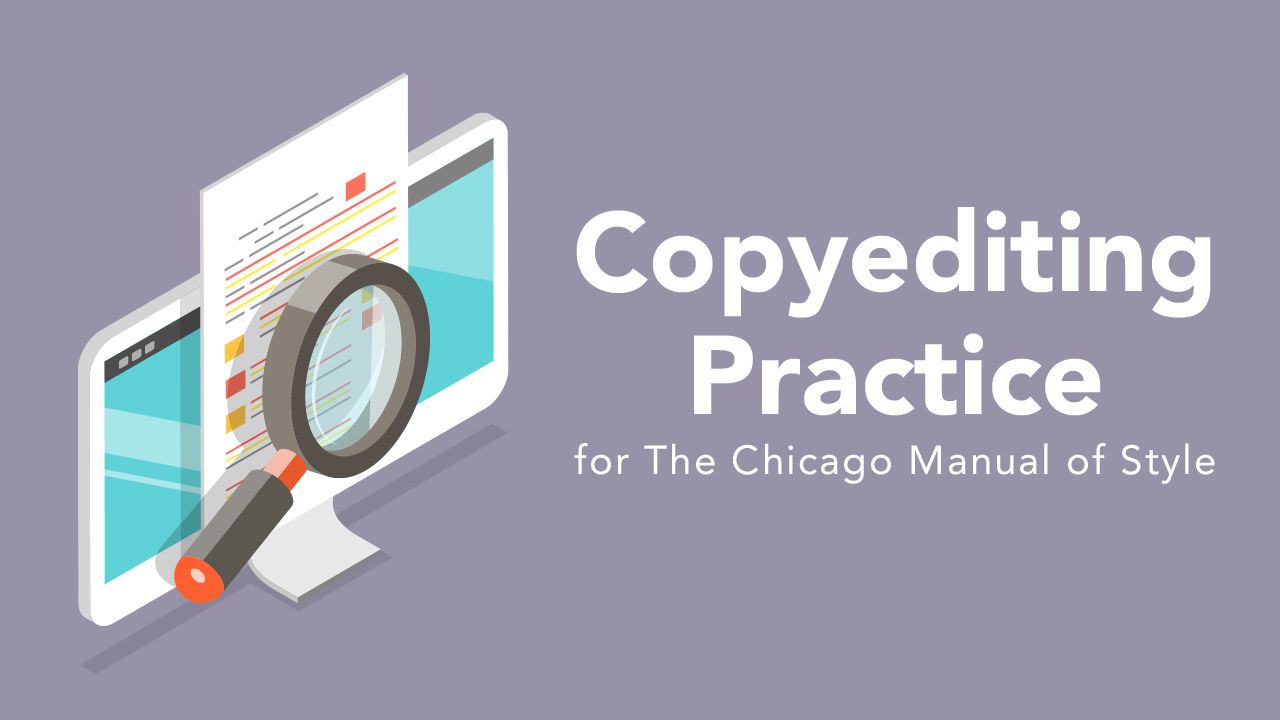
Copyediting Practice for The Chicago Manual of Style
Kim Catanzarite
This is a five-week course for those who have learned the basic rules of The Chicago Manual of Style (CMOS) and would like to put them into practice and receive feedback on their work.

Creating the Viral Web Series
Rebecca Norris Resnick
By the end of the course, you’ll have your pilot in hand — and a plan for where you want to take your series in subsequent episodes. Whether you’re interested in comedy or drama, this course will give you the tools you need to get started writing and producing your very own series from the ground up.

Creative Writing 101
Ran Walker
Are you one of those people who have thought, “I’d like to write a book someday, but I don’t know where to start”? If yes, then this is the course for you. All you need is to open yourself up and allow your ideas to flow.

Description: Bring Your Writing to Life
Sharon Short
Learn how to effectively use descriptive techniques to elevate your writing into an immersive reading experience for your readers, including agents and editors.

Documentary Film Writing
Bryan Young
This course will help you understand how to start crafting the pieces of a documentary, whether that writing happens in pre-production, during the collection of footage, or in post-production as you work to craft the final narrative.

Email Newsletters for Writers
Dan Blank
If you are hoping to grow your platform as a writer, and have been discouraged by the ways social media has changed, email newsletters are a powerful tool to develop. This course is packed with actionable strategies, clear examples, and advice that comes from in-the-trenches experience with writers.

Fearless Writing
William Kenower
In this workshop, we’ll look at several techniques you can you use to keep yourself in the creative flow and out of the trouble and misery fear always causes. This course is offering you a transformative experience. Don't miss out!
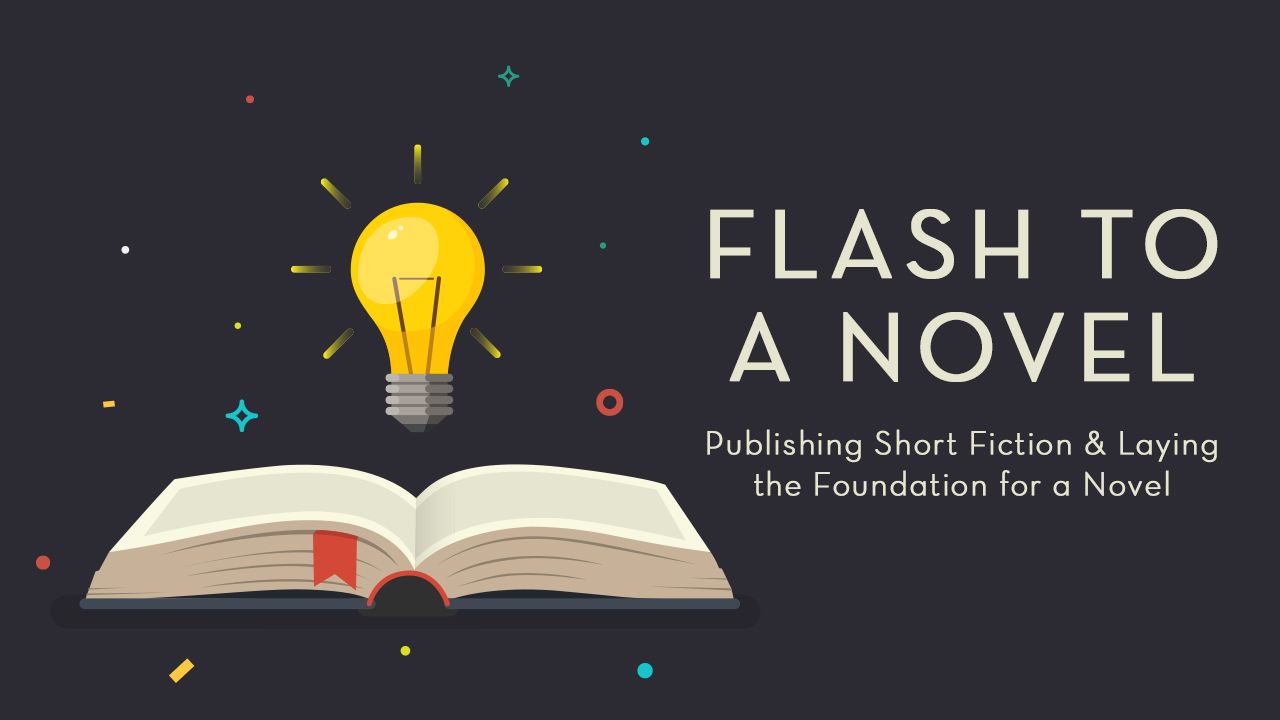
Flash to a Novel: Publishing Short Fiction and Laying the Foundation for a Novel
Mark Spencer
In Flash to a Novel, learn to write powerful, emotionally resonant flash fiction for submission to journals and acquire the skills to build a novel through the meticulous selection and accumulation of details while embracing the process of discovery.
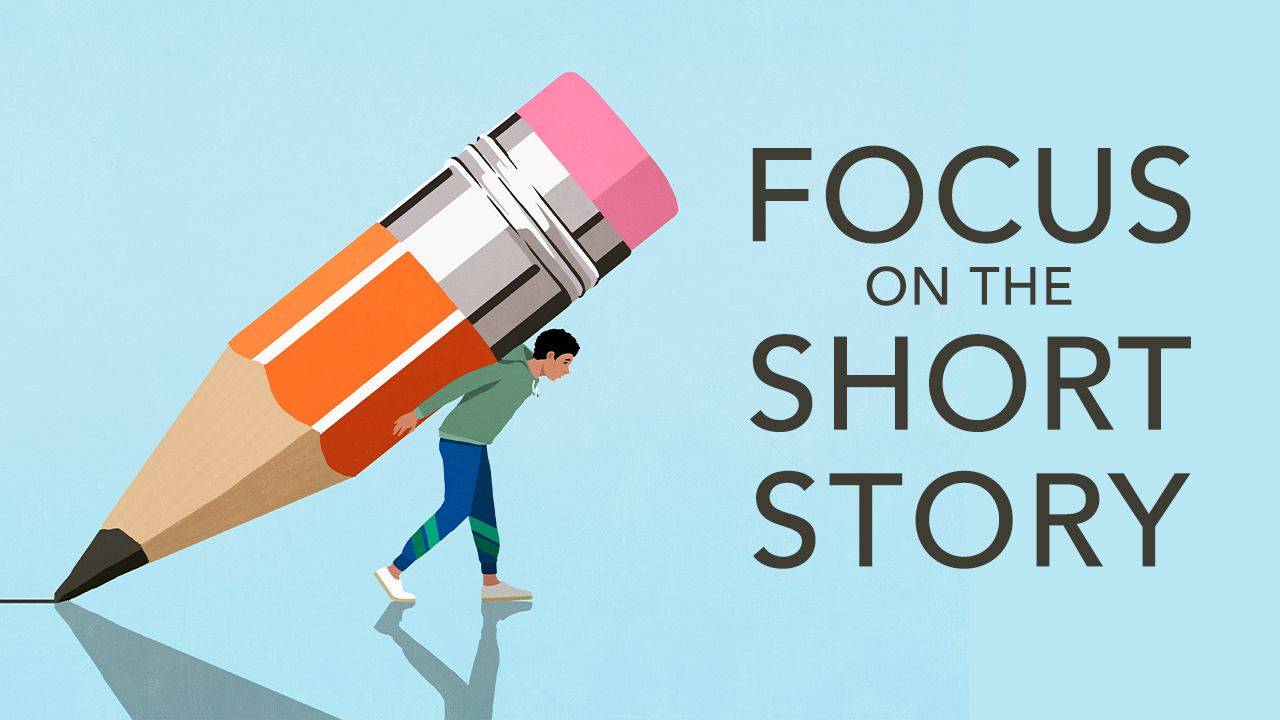
Focus on the Short Story
Mark Spencer
This online course is for anyone writing any kind of short fiction. You will draft and complete two stories. There are no restrictions on topics or genre. All aspects of writing engaging short stories are covered—plot, character, setting, theme, style.

Form and Composition
Kelly Boyer Sagert
Proper grammar, punctuation, and mechanics make your writing correct. In order to truly write well, you must also master the art of form and composition. From sentence structure to polishing your prose, this course will enhance your writing, no matter what type of writing you do.

Freelance Writing
Kelly Boyer Sagert
In this course, you will work with a published article writer to develop, research and write two articles suitable for publication in magazines you've identified as appropriate markets.

Fundamentals of Fiction
Jack Adler | G. Miki Hayden
Creating a story that is dynamic and engaging takes a lot more than just setting aside an hour every day to write. This course will take you through all of the basics of writing a novel, including how important it is to choose a great setting, how to build characters, what point of view you should choose, how to write great dialogue, and more.

The Fundamentals of Screenwriting: Give your Script a Solid Foundation
Donald H Hewitt
This four-week class is the perfect introduction to the fantastic world of writing a script, from the fundamentals of the story down to the revision process. In this course, you will gain the tools to structure your scenes, your acts, and your plots.

Getting Started in Writing
Estelle Erasmus | Terri Valentine
Have you always wanted to be a writer? Don't let doubt or fear get the best of you—take a chance and learn how to start writing a book, novel, short story, memoir, or essay. In this course, you'll discover your voice, learn the basics of grammar and examine the different types of writing.

Grammar and Mechanics
Kelly Boyer Sagert
Do you remember the difference between the 8 parts of speech and how to use them? Are you comfortable with punctuation and mechanics? No matter what type of writing you do, mastering the fundamentals of grammar and mechanics is an important first step to having a successful writing career.
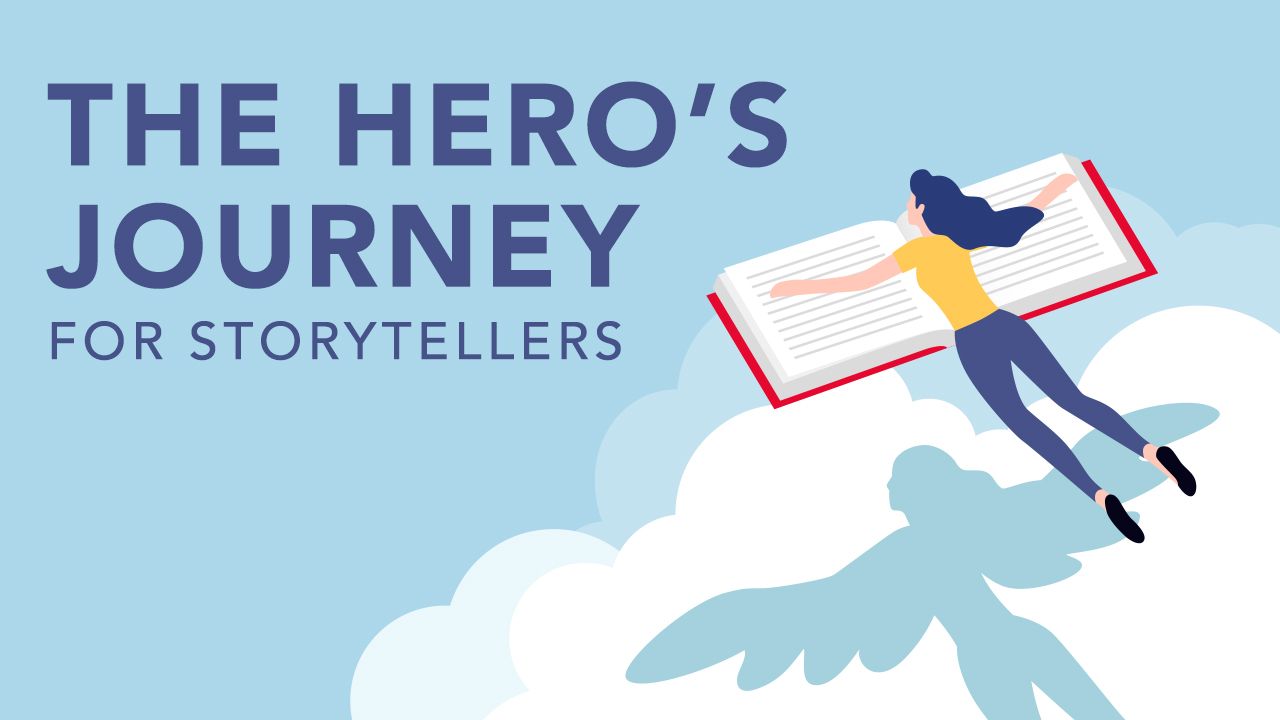
The Hero's Journey for Storytellers
Gloria Kempton
This course is about identifying the story you want to write, deciding whether you want to approach your story through fiction or nonfiction, and then having the courage to say yes to the “call to adventure” and move into the “special world” of The Hero’s Journey.

Introduction to Copyediting
Kim Catanzarite
If you’ve thought about becoming a copy editor but you’re not sure how to go about it, this is the course for you. It’s also a fitting course for college students who want to work for the school newspaper, creative writers who want to self-edit their manuscripts, and businesspeople striving to sound as competent and together on the page as they possibly can.
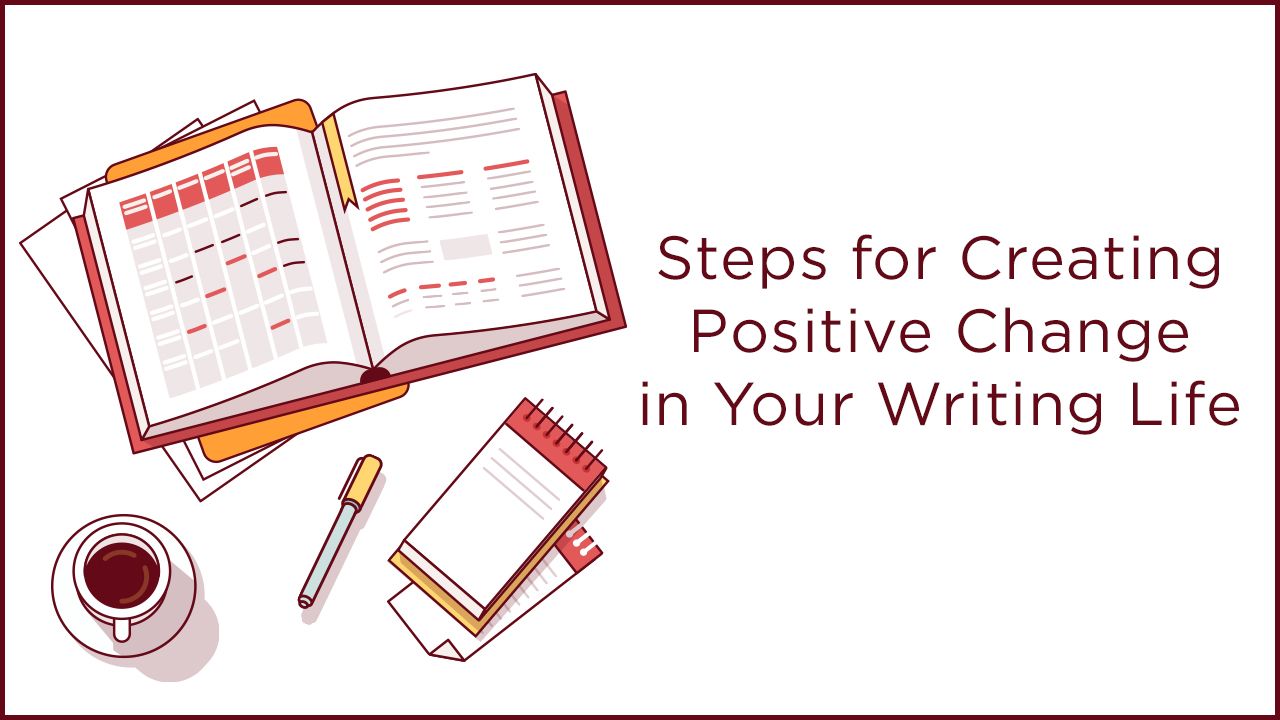
Leap, and the Net Will Appear: Steps for Creating Positive Change in Your Writing Life
Katrina Kittle
This course focuses on creating positive change, developing a habit, and building momentum on a goal, with very clear, very practical ideas for making sure "writing a novel" or "finishing your book" isn't a resolution you just keep making year after year, but actually accomplish.

Mastering Amazon for Authors
Rob Eagar
Mastering Amazon for Authors is the premiere online course designed to help you maximize book sales at the world’s largest retailer. This self-guided video course provides in-depth instruction for authors at every level.

Media Pitch Lab
Paula Rizzo
In this practical, high-impact course, you'll be guided through the exact steps to get noticed by producers, editors, and journalists. You’ll learn how to craft compelling pitches, position yourself as a trusted expert, and follow up professionally—without second-guessing yourself.
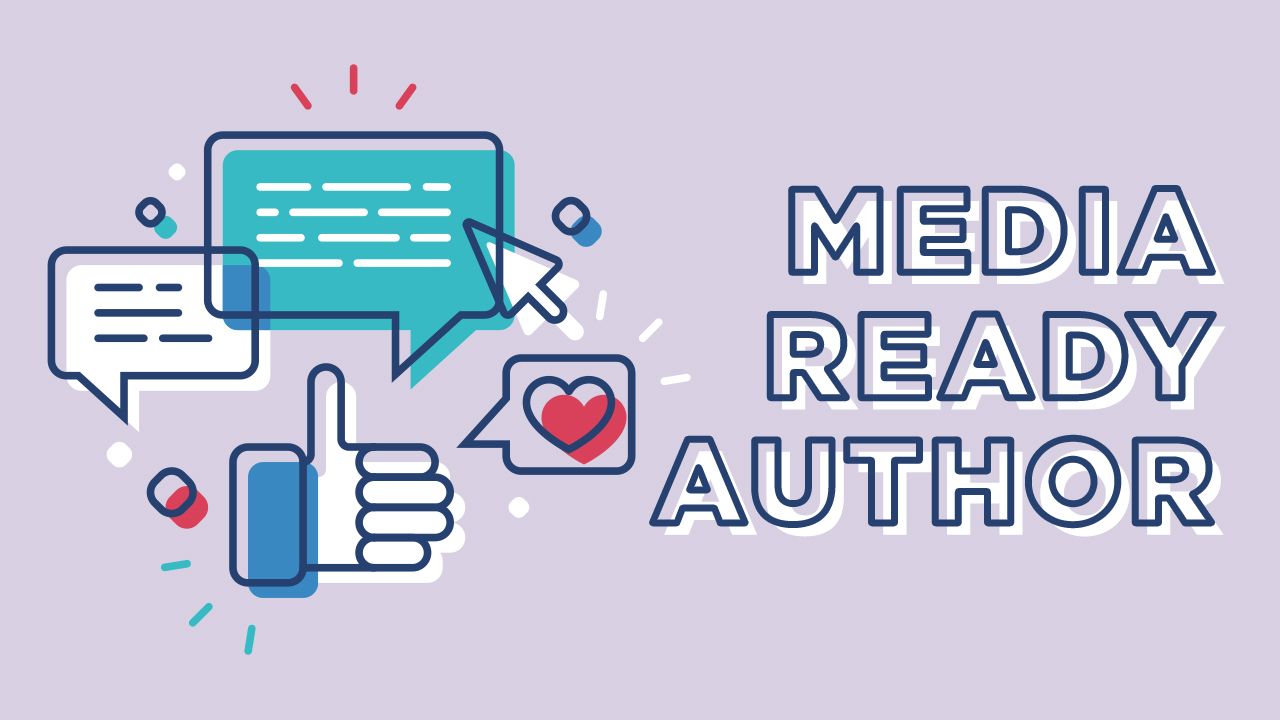
Media-Ready Author
Paula Rizzo
In today’s competitive publishing world, simply writing a good book isn’t enough — you need to know how to promote it. Media-Ready Author is a 10-week course designed to give authors the tools and confidence to shine in media interviews, create compelling videos, and speak about their work in a way that gets attention.
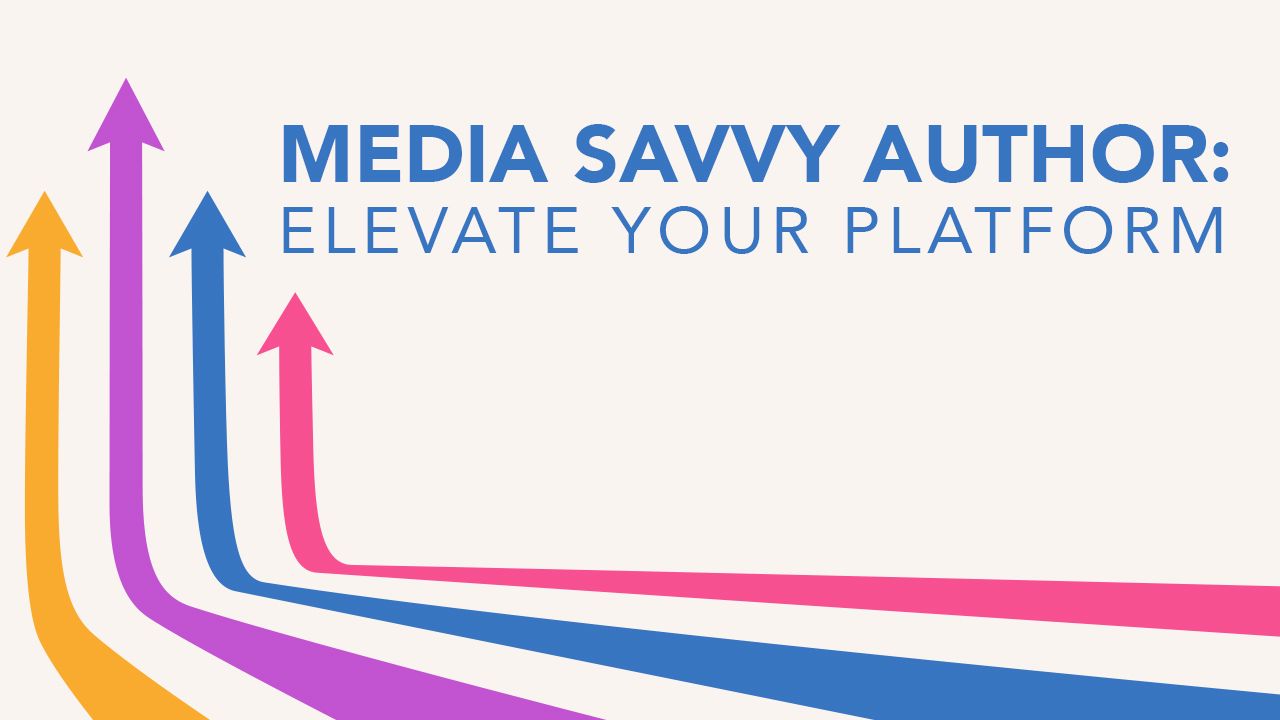
Media Savvy Author: Elevate Your Platform
Paula Rizzo
Whether you're preparing to pitch your book, attract an agent, or grow your readership, your author platform is the foundation that supports it all. Paula Rizzo will help you assess your current platform, imagine what’s possible, and develop a plan that fits your life and goals.

The Novel Opening
G. Miki Hayden
How can you produce an infallible story opening? Action, voice, an immediate interest in the characters, and a hook that pulls in the reader and which is designed around your particular genre.
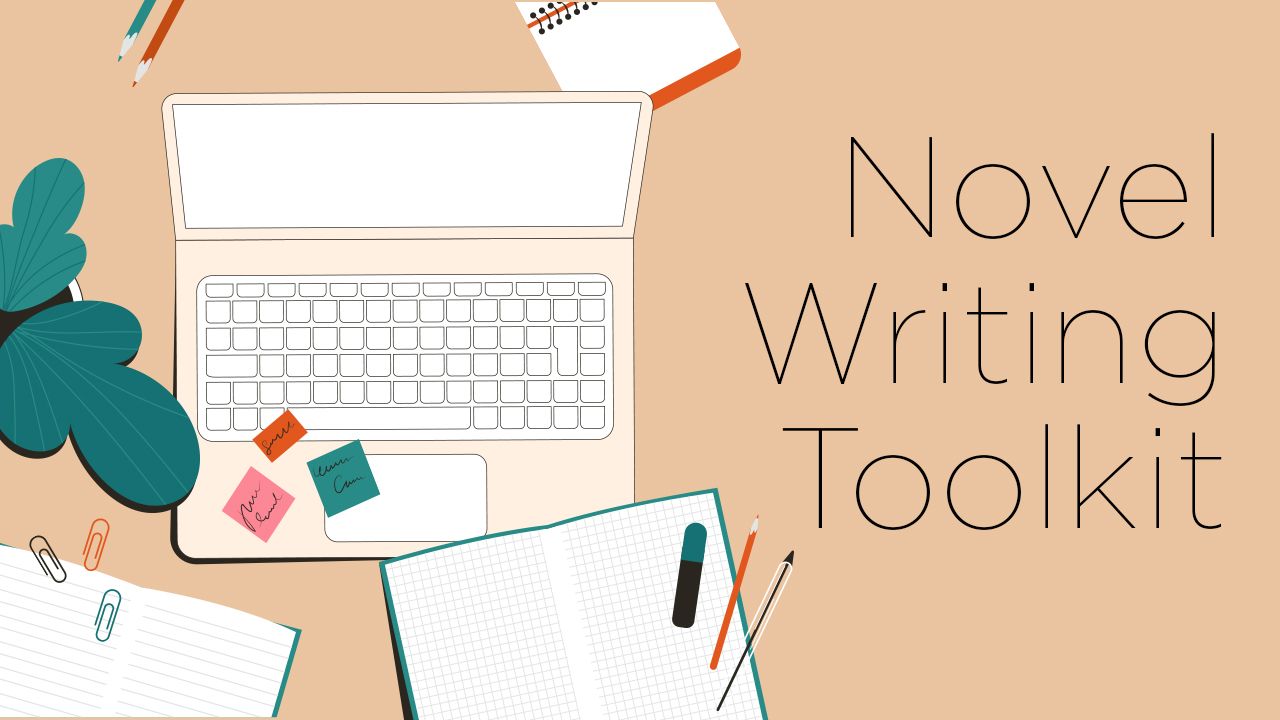
Novel Writing Toolkit
Bryan Young
Writing a novel can be a long and arduous process, taking weeks, months, or even years of work. How can you maintain your momentum, enthusiasm, and thoughts all moving in the same direction over the course of that entire time? Building a tool kit for each book can get you through those difficult scenes, unforeseen transitions, and soggy middles.

Outlining Your Novel
G. Miki Hayden
Writers often look upon outlines with fear and trembling. But when properly understood and correctly used, the outline is one of the most powerful weapons in a writer's arsenal. In this course, you will learn how to write an outline as you explore what type of outline is right for you, brainstorm plot ideas, and discover your characters.

Point of View: Finding The Heart of Your Story
Sharon Short
Learn the nuances of POV and how to avoid POV pitfalls, how time is an essential part of POV, how POV intersects with character, how to choose the right POV for each story, and how to handle unusual or tricky POVs.

Prepping Your Screenplay to Win Competitions Intensive
Rebecca Norris Resnick
This course will teach you specific ways to drastically increase the readability of your pages, make your dialogue and description sing, and improve the clarity and structure of your script so you can have a better shot at advancing to the next round.

Query Letter in 14 Days
Jack Adler
Take your writing one step further and tackle the publishing process. When you enroll in this online course, you'll learn the details of the query letter format and how to write a query letter that catches the attention of agents and publishers.

Query Materials Overhaul
Amy Collins
In this five-week lively, jam-packed interactive series of Zoom calls, Talcott Notch literary agent Amy Collins will work with your existing pitches and proposals and help you rework your materials to increase your chances that next year will garner you more page requests than last year.

Read Like a Writer: Learn from the Masters
Mark Spencer
This course will demonstrate that the best way to become a good writer is to study the writing of others, especially the work of the masters. Because there are no hard-and-fast rules to writing, it’s important to study what other writers have done.

Research for Writers
Sharon Short
In this online writing course, you will learn how to manage your research time and effort, and even become comfortable with it. You’ll learn how to find resources, streamline the process, and organize results.
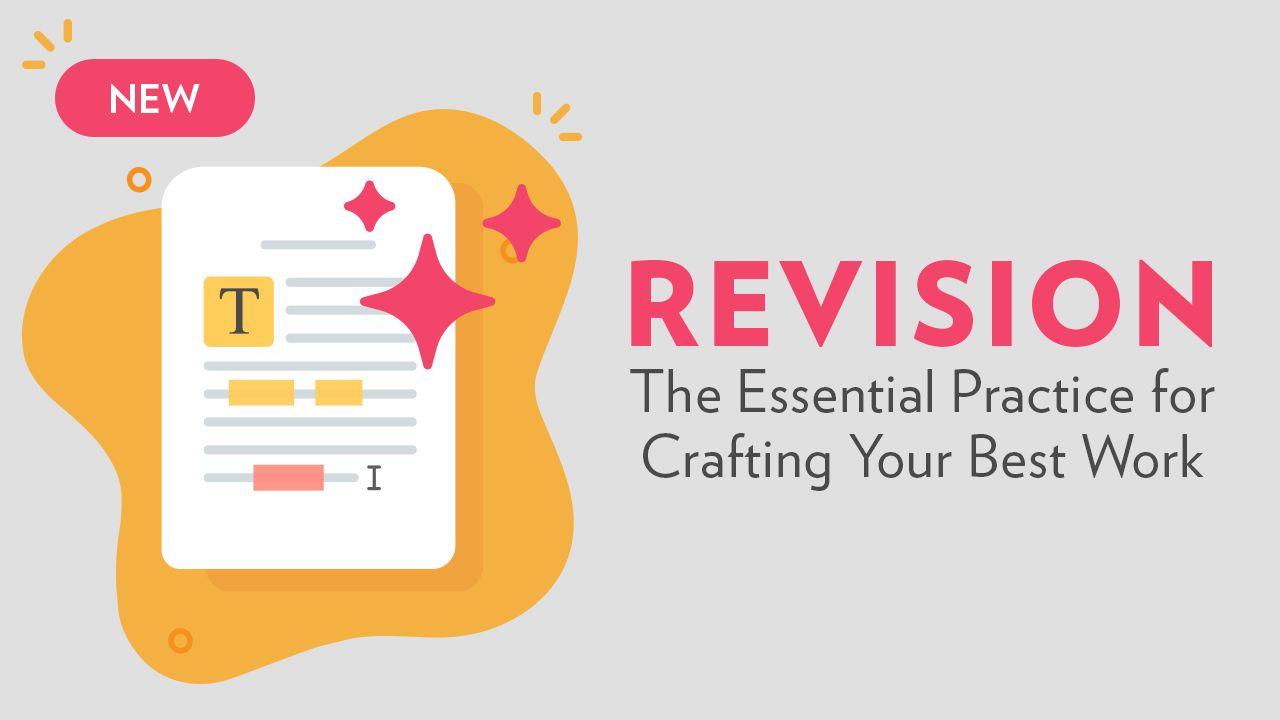
Revision: The Essential Practice for Crafting Your Best Work
Polly Campbell
Led by the award-winning author of four books, hundreds of magazine articles, and blog posts, this course explain what revision entails and how to create a detailed, specific process that helps you elevate your work and feel creative doing it.
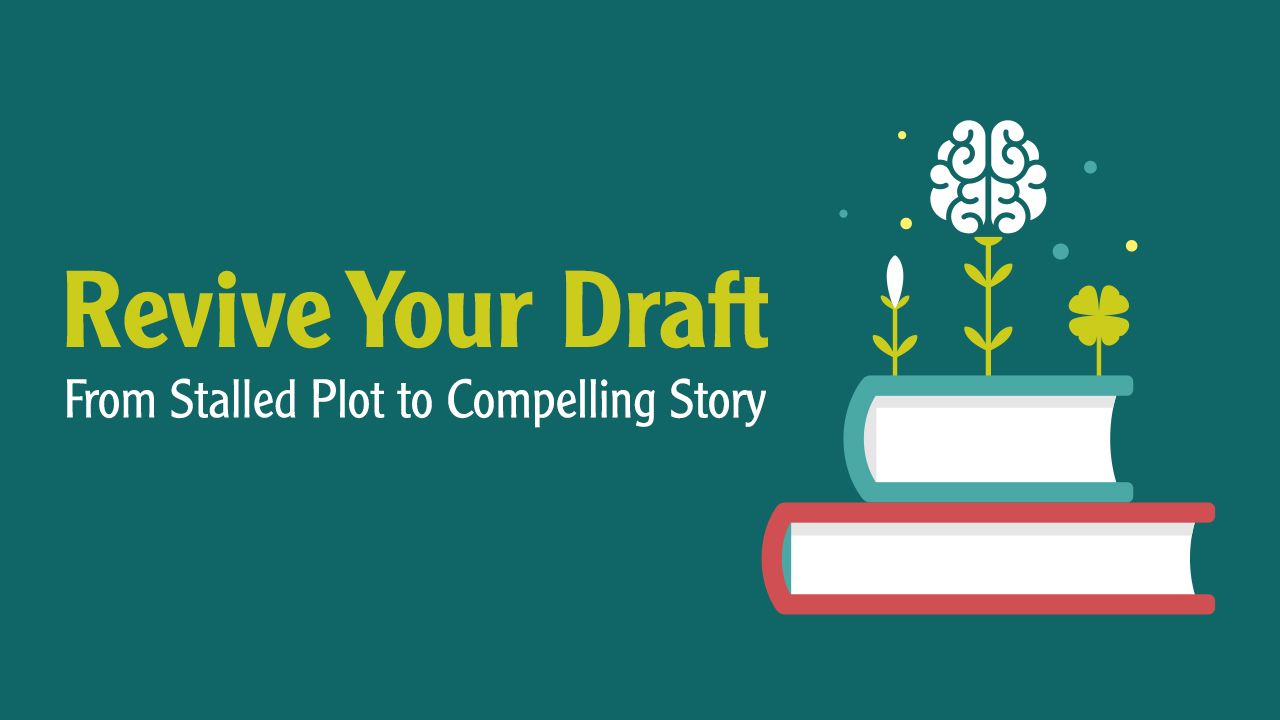
Revive Your Draft: From Stalled Plot to Compelling Story
Jessica Berg
It’s time to re-enter your manuscript with clarity, momentum, and purpose. Maybe you had a premise that sparkled. Or a draft in progress. And then somewhere along the way, the work got murky. Life happened. You lost the thread. This course helps you pick it back up with structure, insight, and a plan.

Scriptreading Certificate Program
Brian O'Malley
This course will show you, step-by-step, how to write script coverage. We will cover key elements of screenwriting coverage, including writing a synopsis, analyzing a script, writing an evaluation, script formatting, and finding work as a reader

Setting: Create a Vivid Story World
Sharon Short
Learn how to world build in any genre, research setting, use setting to define character and drive plot, and discover techniques for weaving setting into other creative writing craft elements such as theme and voice.

Short Story Fundamentals
Ran Walker
Throughout this four-week course, you will have feedback and support while you write and hone an entire short story from beginning to end, and you'll leave with a polished draft of your story. You will get insider information about what editors are looking for in short stories they choose to publish.
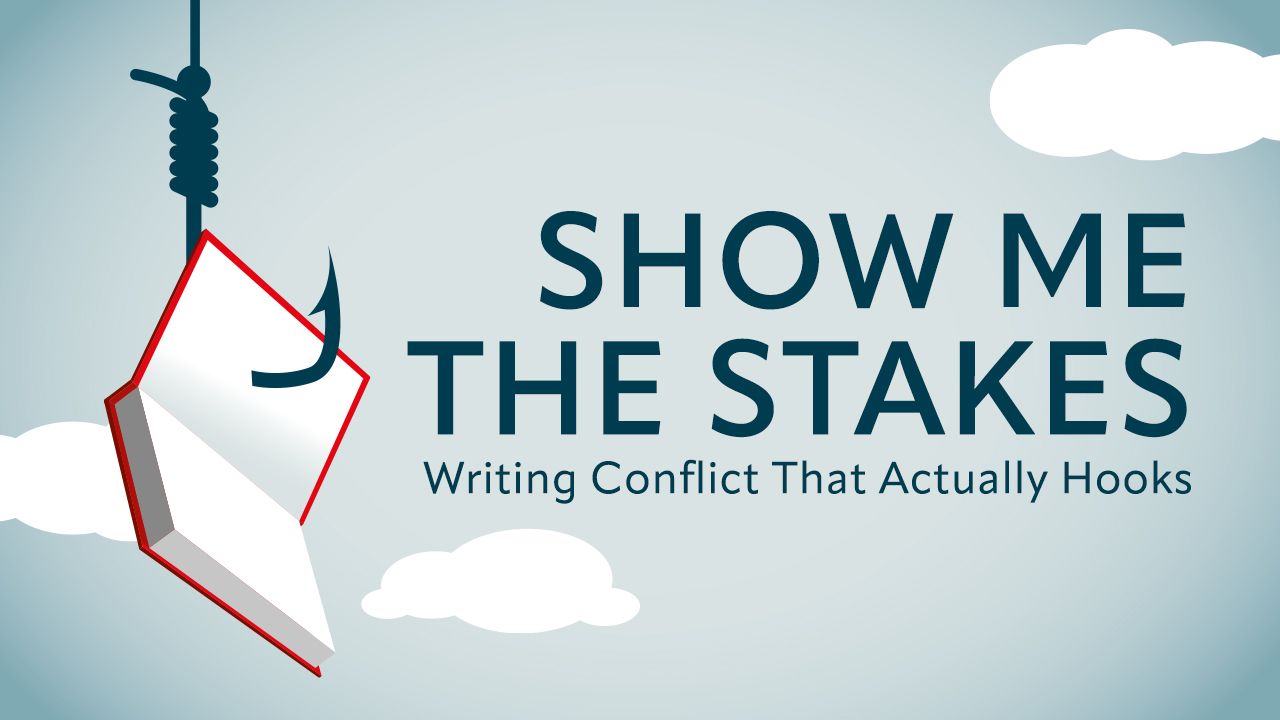
Show Me the Stakes: Writing Conflict That Actually Hooks
Jessica Berg
This course will show you how to make every page pulse with the thing that matters most: consequence. You’ll learn to pin down what’s really at risk for your characters, raise the cost of failure, and revise your scenes so readers can’t look away.

Story Development and Outlining
Lynn Grant Beck
This course will examine plotting a screenplay from premise to story. You'll learn how to take your screenplay from the early stages of building an idea to a full story, ways to structure the story to keep tension and investment high, and strategies to build not only structure but texture in the world of your film.

Submission Coaching: Everything You Need to Know to Get Published
Amy Collins
There is so much more to getting an agent or publishing deal than just writing a good book. This 5-week class will give you the tools you need and that agents and publishers are looking for when considering taking on an author.

Submitting Short Fiction: From Polished Manuscript to Publication
Jessica Berg
You’ve written a short story and have maybe even revised it a dozen times. So... now what? If navigating the world of submissions feels like a maze of cryptic rules and rejection slips, you’re not alone. This four-week course is your step-by-step guide to getting your short fiction out into the world.

Travel Writing
Jack Adler
Discover how to become a travel writer by exploring the different types of articles you can write and developing your writing style. You'll learn travel writing tips such as how to take your own photographs, as well as how to draft an article that keeps readers captivated and garners interest from travel editors.

Voice: The Personality of Writing
Sharon Short
In this course, examples of voice from literature, music, and art will deepen your understanding of and appreciation for voice. You will explore all these elements, experiment with them, and emerge with a stronger voice for your writing projects, making them memorable and engaging for readers.

Watching Movies: Learn from the Masters and Become a Better Writer
Bryan Young
In this 10-week course, we’ll take you through some of the master filmmakers and writers of the past—Alfred Hitchcock, William Goldman, George Lucas, Edgar Wright, Steven Spielberg, and more—and give you a peek behind the curtain of their work and how they crafted stories.

Write Great Dialogue
Sharon Short
Dialogue can be one of the most interesting parts of a book to read, but only if it is done right. Sharpen your writing skills and challenge yourself to craft engaging, yet believable dialogue that will keep your readers interested.

Write Your Drama Pilot in Six Weeks
William Rabkin
Learn the tools professional screenwriters use to finish high-quality scripts under deadlines. By the end of this course, you will have completed and received professional feedback on a script for your drama pilot.

Writing Historical Fiction
Donna Russo Morin
Whether history is a backdrop to your story or the focus of the story itself, this workshop will provide you with the tools to find the facts you need, organize the data in a functional manner, and merge that data seamlessly into your novel.

Writing the Memoir 101
Kelly Boyer Sagert
The goal of this course is to teach you how to structure your stories, develop your storytelling skills, and give you the tips, techniques, and knowledge to adapt your own life stories into a chronological memoir. Learn how to write a powerful memoir that will engage readers for years to come.

Writing the Memoir 201
Kelly Boyer Sagert
Transform your memoir from a work-in-progress into a compelling, polished story through six focused sessions that sharpen your themes, strengthen your structure, and give you a clear plan for finishing with confidence.

Writing the Middle Grade Book
Holly Alder
Any middle-grade book author will tell you that writing an effective book is more challenging than reading one! Take this online course and learn the essential elements of writing for kids and how to break into children’s publishing.

Writing the Mystery Novel
G. Miki Hayden
Do you love reading a good mystery? Have you always wanted to write one? In this course, you'll have the choice of creating a brand new mystery story from scratch or working with a story you already have in progress.

Writing Nonfiction 101: Fundamentals
Mark Spencer
Research, interview, and explore the subjects that interest you. Then write about what you've learned in Writing Nonfiction 101: Fundamentals. Writing nonfiction is a great way for beginner and experienced writers to break into the publishing industry.
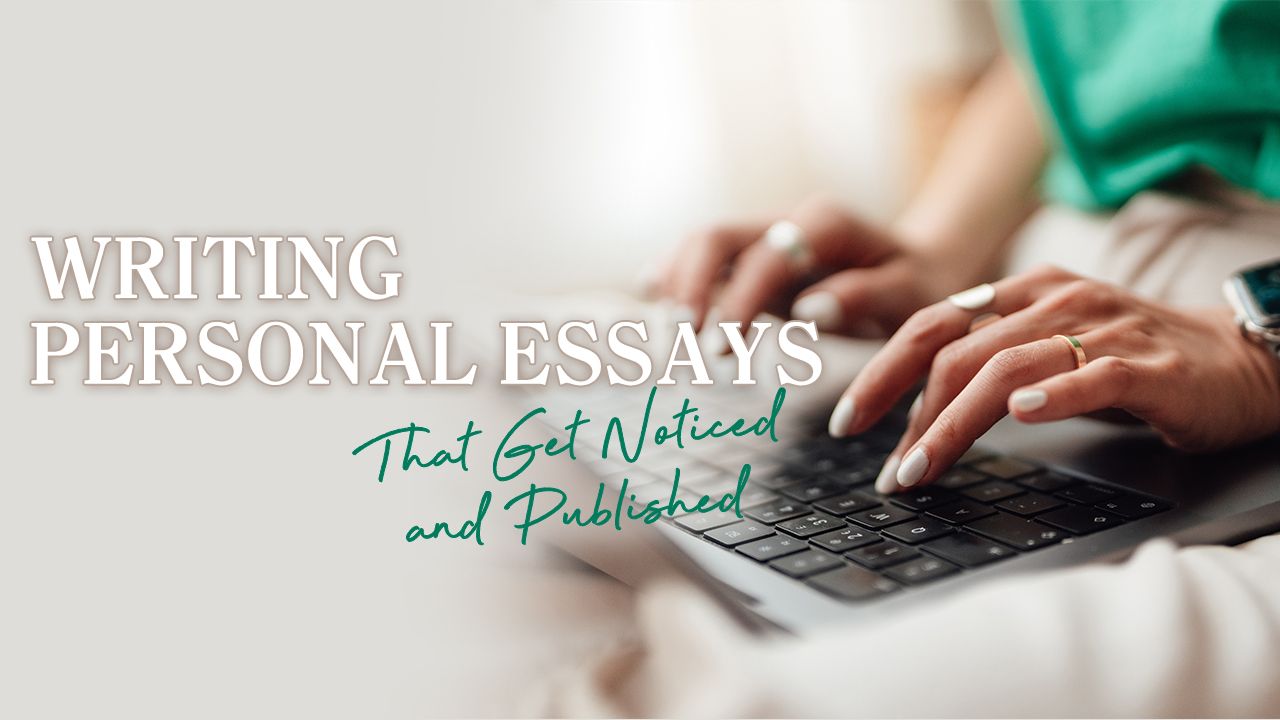
Writing Personal Essays That Get Noticed and Published
Estelle Erasmus
Through lessons, examples, guided exercises, and instructor feedback, you’ll gain the tools to create essays with strong openings, clear throughlines, and meaningful change. You’ll also learn the key distinctions between personal essay and memoir, how to identify the heart of your story, and how to begin shaping work suitable for publication.

Writing the Picture Book
Holly Alder
In this course, you'll learn how to write a winning picture book narrative, envision it with illustrations, and put together a picture package that a publisher will really notice.

Writing and Producing the Short Film
Rebecca Norris Resnick
With successful short film examples to watch and study, as well as real-world advice from the low-budget filmmaking trenches, this 4-week class will lead you through the process of writing a short film you can produce on a budget, as well as touch on the pre-production, production, and post-production process.

Writing the Romance Novel
Terri Valentine
This course explores why romance is the same, yet different. Some essential components of romance are unique to the genre, while some romance requirements are identical to those of any good fiction story.

Writing Scary Stories: A Short Story Primer on Horror
Richard Thomas
This four-week class will make sure you have the basics of short story telling down, and then show you how to use that pairing between terror and horror to immerse your readers in atmosphere, mood, tone, setting, and depth.

Writing the Series Bible: Developing Your TV Series
Lynn Grant Beck
A strong series bible is a crucial sales tool for your series. This course will help you get your TV series ready for an executive by developing your series premise, honing your pilot, and writing your series bible.

Writing the Thriller Novel
G. Miki Hayden
In this six-week course, you'll examine the structural elements that create a successful thriller, learn how to build compelling conflict and suspense into your story, find out what helps a story engage a reader, and much more.

Writing the Young Adult Novel
Holly Alder
Learn everything you need to know for writing young adult fiction, including what readers look for, the importance of plot, theme, and setting, how to craft entertaining dialogue, and much more.
Self-Paced Courses

Creating Authentic Emotional Conflict
Before we can understand the course of a character’s progress (or regress), we have to know who that character is. In this workshop, you will cover how to naturally develop characters and story as a single unit so that your audience connects on a deep emotional level.

Creating High Concept Screenplay Ideas
This course will give writers tools for generating and refining high concept ideas, from paying attention to—and seeking out—those initial sparks of inspiration which might launch a screenplay to finding ways not just of sustaining the story but building its potential, forward momentum, and meaning.

Developing Your Reality TV Idea
In this workshop, you will learn what it takes to develop a killer reality television show and take the first steps in beginning your career in reality television production. Tailored for beginners and mid-career writers interested in exploring the opportunities reality television offers in today’s media marketplace.

FightWrite (TM): Picking a Fighting Style WITH Your Character
Struggling to choose a fighting style for your character? The struggle is over. The way your character does battle isn’t up to you. It’s up to the story. The time and place of the work, the society in which your character lives, their inherent and fostered traits and the needs of the story will determine how your character responds to aggression.

FightWrite (TM): What You Need to Know Before Writing Fight Scenes, Battles, and Brawls
Struggling to choose a fighting style for your character? The struggle is over. The way your character does battle isn’t up to you. It’s up to the story. The time and place of the work, the society in which your character lives, their inherent and fostered traits and the needs of the story will determine how your character responds to aggression.

Fundamentals of Poetry Writing
In this workshop, you will gain a working knowledge of how to write poetry—including basic poetic forms and the fundamental techniques of writing both rhymed and free verse. This class is for poets looking to take their work to the next level through a thorough understanding of classical poetic structures and techniques.

Ghostwriting 101
What do you need to get started? What makes ghostwriting more challenging—and yet more rewarding—than writing your own books? Why is this field a great way to expand your freelance career? You’ll find answers to all these questions in this workshop.

Master in Fine Arts (Creative Writing) Application Preparation Course
Getting together an MFA application can be a daunting prospect. Often writers who are applying for an MFA are at the start of their writing careers, or transitioning from one career to another. Let this course guide you through the process.

Plot and Structure
Plot and structure are two of the most important elements of fiction. In order to write a work of fiction that will keep your readers glued to the page, mastering these elements is essential. This on demand online workshop will teach you how to structure your novel and develop an enticing plot that will keep readers wanting more.

Successful Self-Publishing
When you take this workshop, you will not only learn how to self-publish a book (including learning about all of the different platforms), but we will help you set attainable goals, show you how you should set up your branding, what to do during dreaded tax season, figure out if you need a barcode or ISBN, how to market your book, and much more.

Voice and Viewpoint
Wondering how to express your voice in writing or find the right point of view for your characters? Find the answers to these questions and others when you take this online workshop. Ensure your writing stands apart from the crowd and master the elements of voice and viewpoint.

World Building: Crafting Screenplays Readers Can Step Into On Demand
This course offers specific tips for creating and implementing advice on building the world of your screenplay. Research advice and tips, strengthening visual storytelling in action paragraphs, developing and implementing settings, examining character and plot conflict as it relates to your settings, and genre consistency, will also be covered in this class.

Writing a Religious Book
Share your passion for writing with others and explore the world of inspirational writing. Regardless of genre, you will discover how spiritual and religious writing can make an impact on your readers and how to use inspirational writing prompts for motivation.

Writing for Reality TV
In Writing for Reality TV, you will learn the ins and outs of what goes into the production and writing of a reality television show. This course, composed by one of the industry’s busiest and most recognizable reality television writer/producers, offers you the tools necessary to succeed as a writer of reality television.

Writing Nonfiction for Children
Writing for children does not always mean writing a picture book or young adult novel. In fact, there are many nonfiction children’s books being published today and the demand for quality nonfiction is growing. Embrace this great opportunity in the marketplace and begin writing nonfiction for kids.

Writing the Action Feature Film On Demand
This workshop offers comprehensive tools and insights for writing the action feature-length film. While the action genre is often equivocated with ‘simply’ daring feats and leaps into the air and off tall buildings, the reader must take the leap with the writer to suspend disbelief and jump into a script that goes beyond stereotype, one-dimensional characters and pure formula.

Writing the Adaptation
In this workshop, you will formulate a five-page treatment designed not just to keep you on course with screenplay but also to use as a possible sales tool. By the end of the workshop, you will also have the first act of your story in script form, along with a step by step outline of your screenplay. All the tools you need to get your adaptation ready for Hollywood!

Writing the Animated Feature Film
Have you ever had a great idea for an animated movie but had no idea what to do with it? In this course you will learn how to structure and write a three-act film with a specific emphasis on animation. Animation screenwriting, like all other disciplines of writing, has its own rules, rhythms, and form.

Writing the Family Feature Film
This workshop will guide you through the structural and thematic elements common among the most successful family films of all time. By the end of this workshop, you will have a complete treatment for your feature length family film that has been vetted by a professional screenwriter, and also all the tools you need to see your project to the end.

Writing the Nonfiction Book Proposal
The demand for nonfiction writing has steadily increased over the past few years. Take advantage of the market and craft a nonfiction book that will intrigue editors and publishers. The great thing about nonfiction is that you don’t have to write an entire manuscript. In fact, all you have to do is pitch your idea.

Writing the Novel Proposal
Writing a perfect novel proposal can be challenging. Let this online workshop teach you how to write a book proposal that is concise, yet impactful in just 14 weeks. You will discover better ways to showcase your novel’s assets, learn helpful tips for crafting a pitch, and so much more.

Your Screenplay Sales Tools: Loglines, One Sheets, and Query Letters
This three-week intensive workshop will examine the narrative components of a One Sheet, which include: title, concept, logline and writing a 3-paragraph summary (beginning, middle, and end). In short, learn how to pitch your idea with a logline, verbally and with clarity, covering all aspects of your story idea that prospective directors, producers, and agents look for, as well as manage that content in the form of a query letter.













